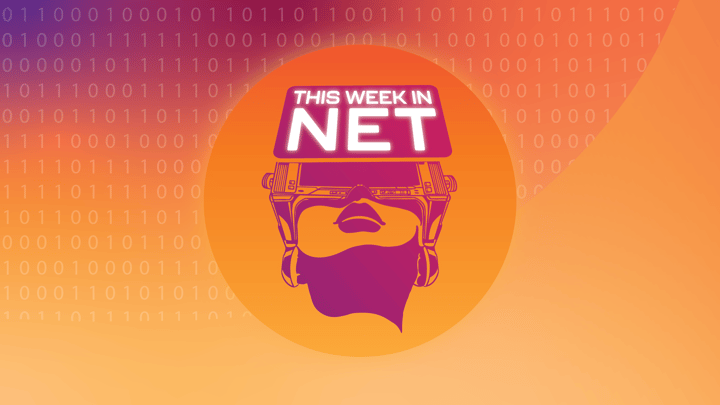Developers, new AI models and a Security Week teaser
In this week's episode, we dive into Cloudflare’s developer community, AI models, and offer a sneak peek at Security Week.
João Tomé chats with Verónica Marin about the Developer Experience team. We celebrate our Developers Discord server hitting 40,000 members, discuss the kinds of questions you can get answered there, and highlight our open-source software sponsorship program.
Then, we head to Canada to discuss the latest in Workers AI with Logan Grasby, including new LLMs, image generation models, and more.
We also feature a Security Week teaser with Product Managers Ankur Aggarwal (San Francisco) and Daniele Molteni (London), who share what to expect from our first innovation week of the year.
And, we wrap up with a “moment of zen” from Ólafur Guðmundsson, taken from our extensive interview about his career and DNS standardization, which you can find here for his career journey and here for DNS standardization insights.
Check the highlighted blog posts:

